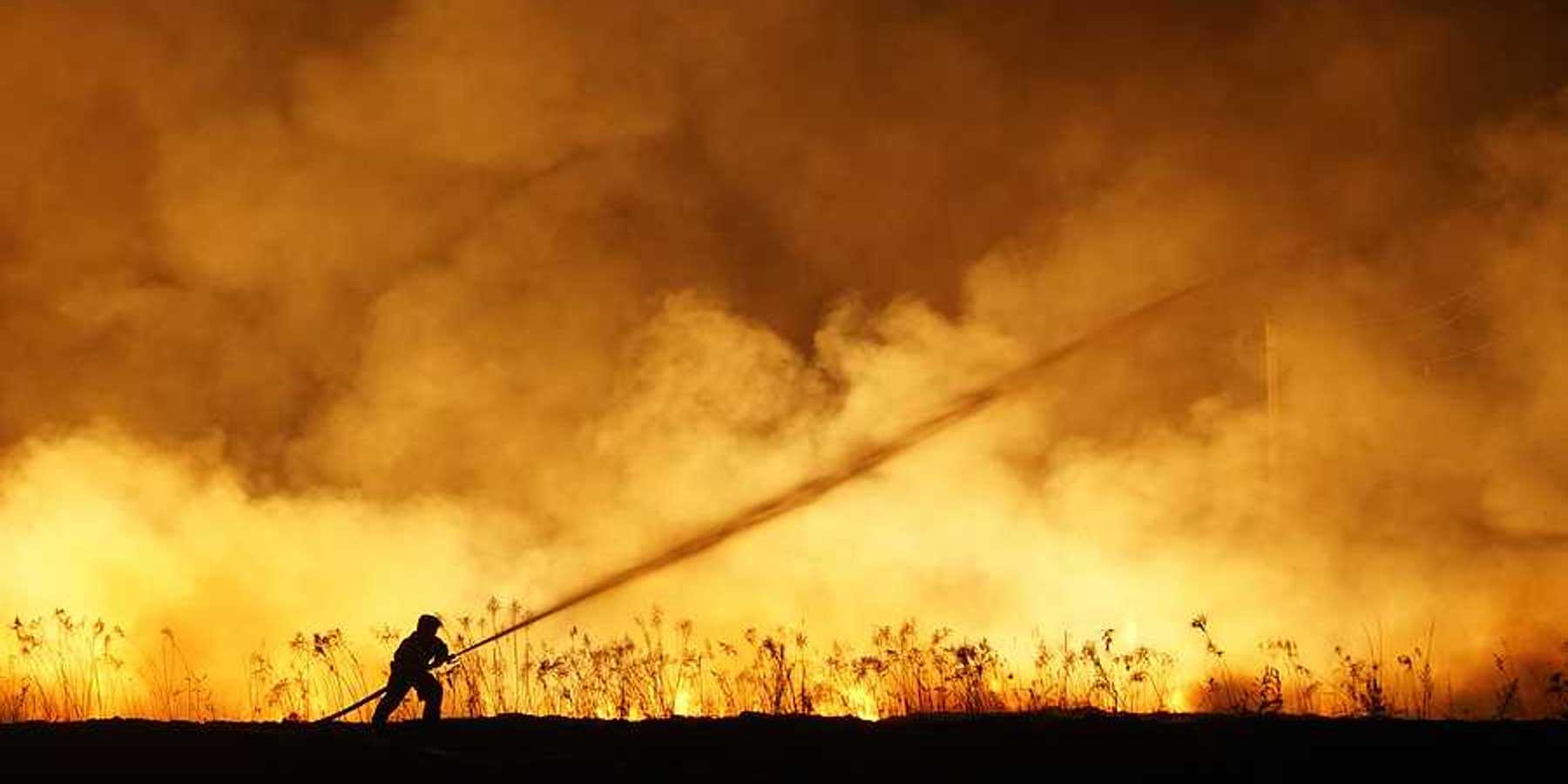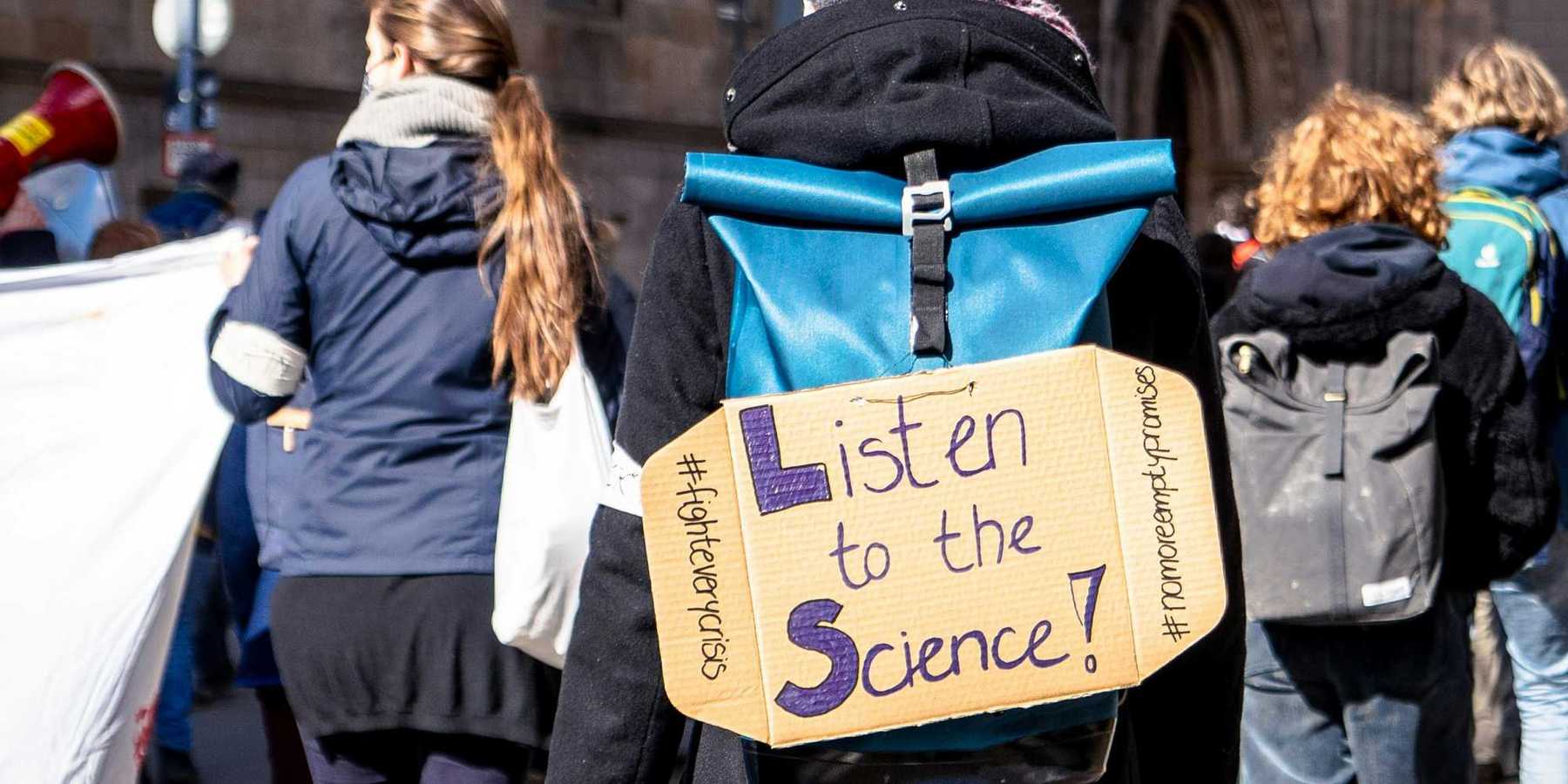Exploring the link between prenatal stress from natural disasters and child psychiatric conditions
A new investigation reveals how children exposed to Hurricane Sandy in utero face higher psychiatric condition risks, offering insights into the broader impacts of climate change on brain health.
Clayton Page Aldern reports for The Guardian.
In short:
- Yoko Nomura's study highlights a significant increase in anxiety, depression, and ADHD risks in children exposed prenatally to Hurricane Sandy.
- This research contributes to understanding how climate-related stressors can alter gene expression, affecting neurological and psychiatric outcomes.
- The findings underscore the pressing need to consider the neurodegenerative impacts of the climate crisis, including on children and future generations.
Key quote:
“We’re not thinking about any of this. We’re not getting our healthcare systems ready. We’re not doing anything in terms of prevention or protections.”
— Burcin Ikiz, a neuroscientist at the mental-health philanthropy organisation the Baszucki Group
Why this matters:
The conversation around climate change often centers on environmental and physical health impacts, but the psychological and neurological consequences are profound and far-reaching. The link between prenatal stress due to natural disasters and child psychiatric disorders is a poignant reminder of the unseen and enduring impact of these catastrophic events.













